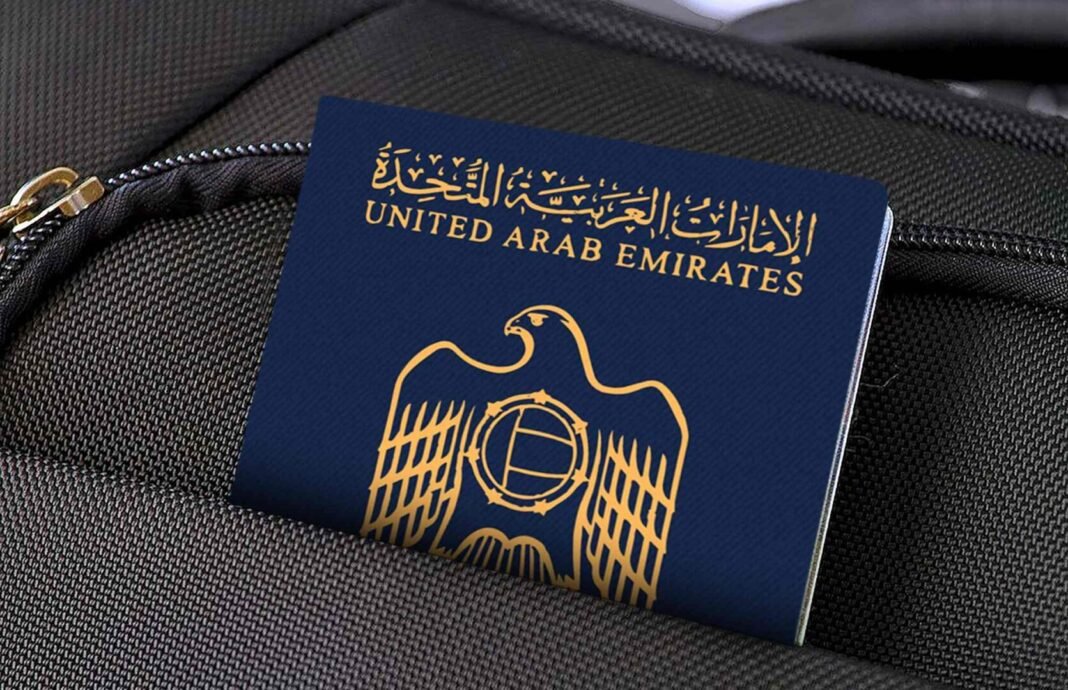The UAE has recently introduced a new set of traffic laws aimed at enhancing road safety and regulating traffic more effectively. These UAE traffic laws, outlined in Federal Decree-Law No. 14 of 2024 on Traffic Regulation, will come into effect on March 29, 2025.
Lowered Age Limit for Drivers
One of the most notable changes is the reduction in the minimum age for obtaining a driving license. Previously set at 18 years old, the new law lowers the age limit to 17 years old. This change aims to accommodate the growing use of self-driving and electric vehicles and to keep up with the rapid evolution of transportation worldwide.
Severe Penalties for Drunk Driving and Narcotic Use
The new UAE traffic law introduces stringent penalties for driving under the influence of alcohol or narcotic substances. For a first offense, offenders face imprisonment and a fine ranging from Dh20,000 to Dh100,000 or one of these penalties. Repeat offenders face even harsher penalties, including longer license suspensions and potential license cancellations. Additionally, driving with a suspended license will result in imprisonment for three months and a fine of Dh10,000.
Traffic Priority Rules
The law also clarifies traffic priority rules at intersections and junctions. Traffic coming from the main road has priority, and in the absence of traffic signs, motorists should follow the directions given by traffic police officials. In cases of similar priority roads or roundabouts, priority is given to motorists coming from the left.
Prohibition on Noisy Vehicles
To reduce noise pollution, the new law prohibits the use of car horns within cities, except in situations where it is necessary to prevent danger or accidents. This measure aims to create a quieter and more pleasant urban environment.
Penalties for Jaywalking
The law introduces deterrent penalties for jaywalking, especially on roads with speed limits exceeding 80 km/h. Offenders will face civil and criminal liabilities, including fines and potential imprisonment. This change aims to enhance pedestrian safety and reduce the risk of accidents.
Civil and Criminal Liability for Violations
The new UAE traffic regulations specify that pedestrians crossing roads with speed limits exceeding 80 km/h will bear civil or criminal liability for any accidents or damages caused. This measure emphasizes the importance of following traffic rules and ensuring the safety of all road users.
Traffic Control Measures
The UAE traffic law establishes a Federal Traffic Council to oversee the new traffic control measures. This council will be responsible for implementing and monitoring the regulations to ensure their effective enforcement.
Impact on Self-Driving and Electric Vehicles
The new UAE traffic laws also address the conditions and procedures for inspecting, registering, licensing, re-registering, and renewing self-driving vehicles. This measure reflects the UAE’s commitment to embracing new technologies and promoting sustainable transportation solutions.
Stricter Regulations for Heavy Vehicles
The UAE’s new traffic laws also introduce stricter regulations for heavy vehicles, including trucks and buses. These vehicles must adhere to specific speed limits, and drivers must undergo regular training and certification to ensure they are equipped to handle these larger vehicles safely. Penalties for violations by heavy vehicle drivers are also more severe, aiming to reduce the risk of accidents involving these vehicles.
Increased Fines for Speeding
To further improve road safety, the new UAE traffic laws include increased fines for speeding. Speeding violations will now carry heavier penalties, including higher fines and longer periods of license suspension for repeat offenders. The goal is to discourage reckless driving and promote adherence to speed limits, ultimately reducing the number of speed-related accidents.
Use of Technology in Traffic Enforcement
The UAE is leveraging advanced technology to enforce the new UAE traffic laws more effectively. Automated speed cameras, red light cameras, and other monitoring systems will be deployed across the country to catch violators in real-time. These technologies will help ensure that traffic laws are enforced consistently and fairly, improving overall road safety.
Public Awareness Campaigns
In conjunction with the new traffic laws, the UAE government is launching public awareness campaigns to educate residents about the changes and the importance of road safety. These campaigns will use various media platforms, including social media, television, and print, to reach a broad audience and encourage compliance with the new regulations.
Encouragement of Safe Driving Practices
The new UAE traffic laws also include measures to encourage safe driving practices. For example, drivers who maintain a clean driving record for a specified period will be eligible for incentives such as reduced insurance premiums or discounted renewal fees for their driving licenses. These positive reinforcement measures aim to promote a culture of safe driving in the UAE.
Special Provisions for Cyclists and Motorcyclists
The new UAE traffic laws also introduce special provisions for cyclists and motorcyclists. Dedicated lanes will be created for these road users to ensure their safety and reduce the risk of accidents. Additionally, new regulations will require cyclists and motorcyclists to wear helmets and other protective gear at all times.
The new UAE traffic laws represent a significant step towards enhancing road safety and regulating traffic more effectively. By introducing stricter penalties, lowering the age limit for drivers, and implementing various traffic control measures, the UAE aims to create a safer and more efficient road environment for all road users. As these regulations come into effect, it will be crucial for motorists and pedestrians to familiarize themselves with the new rules and adhere to them to ensure a smooth and safe driving experience.




